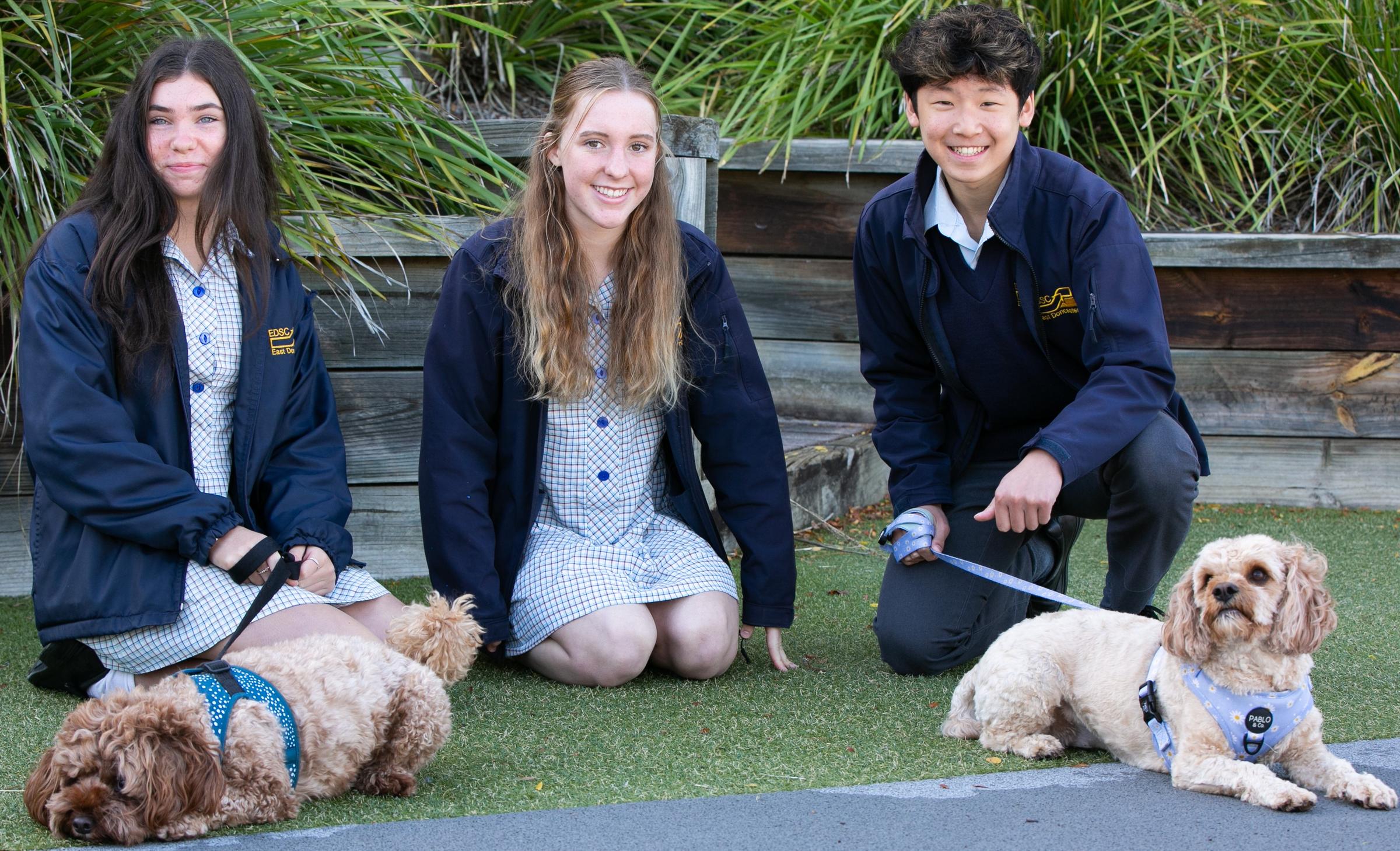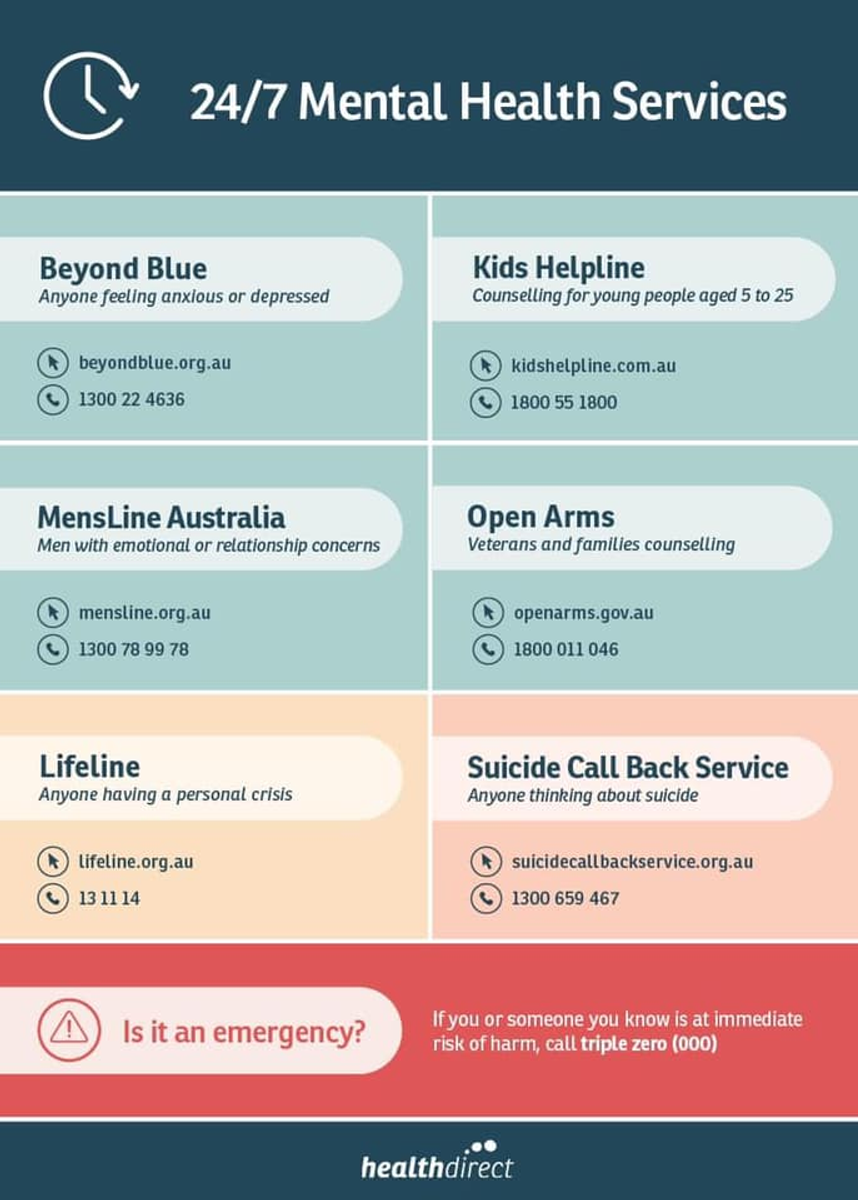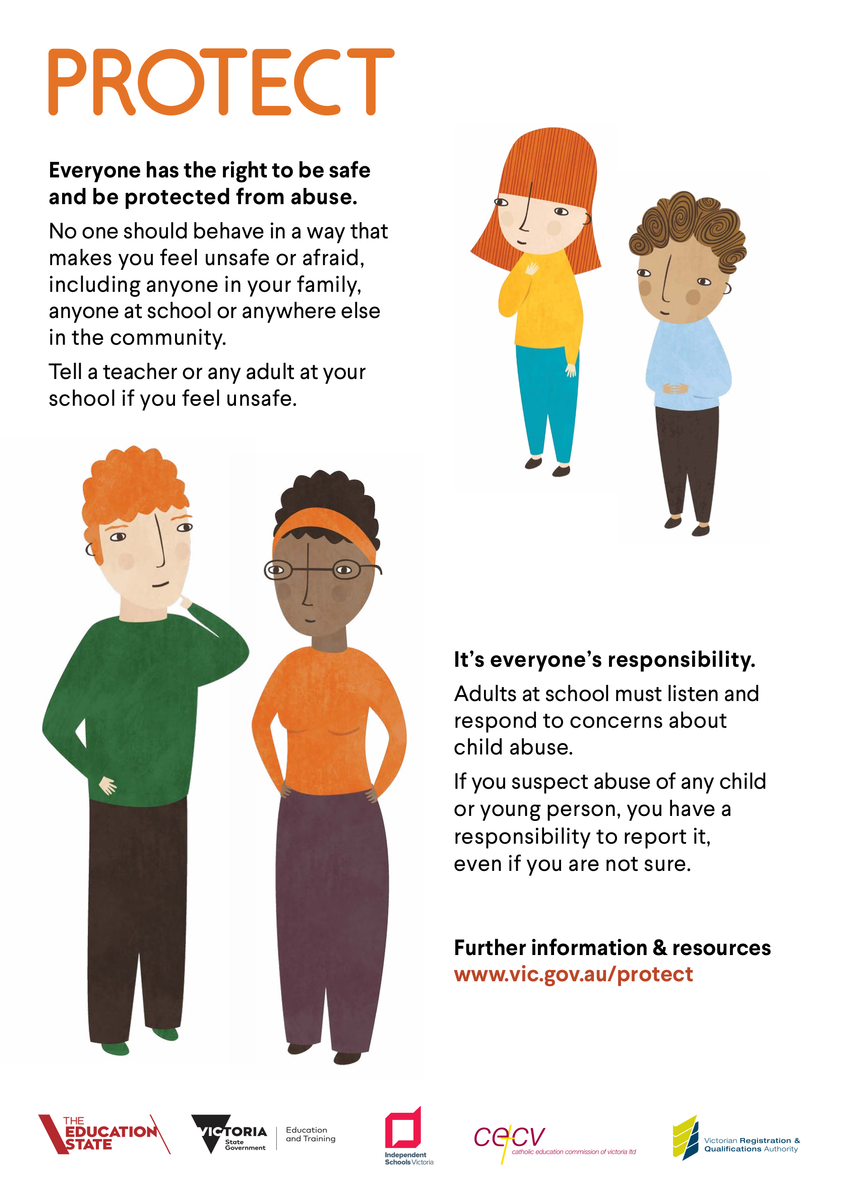Student Wellbeing News

Nourishing the Mind and Body: Navigating Difficult Relationships with Food
Dear Students and Parents,
In the whirlwind of high school life, maintaining a healthy relationship with food can sometimes feel like navigating a maze. Many students grapple with complex emotions surrounding food, whether it's the pressure to look a certain way, stress-induced eating habits, or struggling with body image. Recognising that these struggles are valid and common is essential, and addressing them with empathy and understanding is crucial for fostering a positive environment for growth and well-being.
Understanding the Struggle
Food is not merely fuel for our bodies; it's deeply intertwined with our emotions, social interactions, and cultural experiences. For some students, food may be a source of comfort during stressful times, leading to overeating or turning to unhealthy options. Others may feel pressured to adhere to unrealistic beauty standards, leading to restrictive eating habits or even eating disorders like anorexia nervosa or bulimia.
Moreover, the prevalence of social media can exacerbate these issues, bombarding young minds with curated images of "ideal" bodies and diets, which can distort perceptions and contribute to feelings of inadequacy.
Building a Supportive Environment
Creating a supportive environment is crucial for students to develop a healthy relationship with food. Here are some strategies for both students and parents to consider:
For Students:
- Practice Self-Compassion: Be kind and acknowledge that it's okay to have ups and downs in your relationship with food.
- Listen to Your Body: Pay attention to your body's hunger and fullness cues rather than external factors like calorie counting or societal expectations.
- Seek Support: If you're struggling, don't hesitate to reach out to trusted friends, family members, or the Wellbeing Team. You're not alone, and there are people who want to help.
For Parents:
- Promote a Healthy Environment: Encourage balanced meals and snacks at home and avoid labelling foods as "good" or "bad."
- Be a Role Model: Children often mimic their parents' behaviours, so modelling a healthy relationship with food can significantly impact them.
- Open Communication: Create a safe space for your child to discuss their feelings about food without judgment. Validate their experiences and offer support.
Seeking Professional Help
If you or your child is struggling with disordered eating habits or body image issues, seeking professional help is essential. Eating disorders are serious mental illnesses that require specialised treatment, and early intervention can improve outcomes significantly. Contact your GP, a therapist, or a registered dietitian specialising in eating disorders for guidance and support. If you have any concerns about your student, please contact the Wellbeing Team.
Navigating a healthy relationship with food in high school can be challenging, but it's also an opportunity for growth and self-discovery. Students can develop lifelong habits that nourish their bodies and minds by fostering open communication, practising self-compassion, and seeking support when needed.
Remember, you are worthy of love and respect regardless of your relationship with food. Let's work together to create a community where everyone feels accepted, supported, and empowered to prioritise their wellbeing.
Stay nourished, stay healthy.
Warm regards,
Amal Saleh-Zada
Director of Wellbeing
Breakfast Club
The Wellbeing Team believes that offering high school students a Breakfast Club can significantly promote physical health, mental wellbeing, academic success, and a positive school culture.
The Breakfast Club will take place every Monday from 8:15 am to 8:45 am at the Wellbeing Hub.
All students are welcome to join us for free healthy breakfast options. A group of community volunteers will run the Breakfast Club, and we kindly ask that you show respect and appreciation for their time and effort.
When: Every Monday
Where: Wellbeing Hub
Who: All students are welcome
Time: 8:15 am – 8:45 am
Cost: Free
We hope to see you there and look forward to a great time!
Amal Saleh-Zada
Director of Wellbeing
Request for Uniform Donations
The Wellbeing Team provide second-hand uniforms for students in need. We are asking for uniform items, in good condition to be donated to the Wellbeing Team. Specifically, we are looking for dresses, shirts, pants, jackets and any sports uniform in larger sizes.
If you require uniforms for your child, please contact the Wellbeing Team for support.
Maddie Sill
Mental Health Practitioner
Cybersafety and Responsible Use of Digital Technologies
The following resources are available to parents and carers to assist them with guiding their children with the use of digital technology in a safe and responsible way. Parents and carers are their child's first role model when it comes to online behaviour. Please find information to assist parents and carers when dealing with Cybersafety issues:
https://www.esafety.gov.au/parents
https://www.education.vic.gov.au/parents/services-for-parents/Pages/parentline.aspx
https://www.esafety.gov.au/about-us/counselling-support-services
The following fact sheet may assist in encouraging the safe and respectful use of social media and to provide tips to parents for being a positive role model: https://www.education.vic.gov.au/Documents/about/programs/bullystoppers/parentsocialmediaschoolcommunity.pdf
If parents/carers have any questions regarding Cybersafety or Digital Learnings in Schools and our Mobile Phone Policy, please contact Reception.
Cameron Campbell
Assistant Principal
Food & Financial Support
As we are all aware, the cost of living is increasing. We realise that this might be causing some distress to members of the EDSC community. If you are experiencing financial difficulties or food insecurity please look at the website www.askizzy.org.au. This website can help you locate services for food, money, clothing, health & housing in your area.
The College is able to provide a range of food to families within the community. Foodbank Victoria provide EDSC fresh fruit, cereals, milk, different types of ready meals, fruit cups and messy monkey snacks. If you and your family are experiencing food insecurity, please contact the school to arrange a food collection. For a confidential conversation, please call Maddie Sill on 9842-2244.
Please also note that if your child forgets their lunch they can come to the Wellbeing Hub to access the pantry.
Wellbeing Team
Wellbeing Staff
For more information about Wellbeing at the College, please visit the following link ..
Child Safety Standards
East Doncaster Secondary College is committed to the safety and wellbeing of all children and young people. This will be the primary focus of our care and decision making.
East Doncaster Secondary College has zero tolerance for child abuse.
East Doncaster Secondary College is committed to providing a child safe environment where children and young people are safe and feel safe, and their voices are heard about decisions that affect their lives. Particular attention will be paid to the cultural safety of Aboriginal children and children from culturally and/or linguistically diverse backgrounds, as well as the safety of children with a disability.
Every person involved in East Doncaster Secondary College has a responsibility to understand the important and specific role he/she plays individually and collectively to ensure that the wellbeing and safety of all children and young people is at the forefront of all they do and every decision they make.
In our planning, decision making and operations, all personnel at East Doncaster Secondary College will:
- Take a preventative, proactive and participatory approach to child safety;
- Value and empower children to participate in decisions which affect their lives;
- Foster a culture of openness that supports all persons to safely disclose risks of harm to children
- Respect diversity in cultures and child rearing practices while keeping child safety paramount;
- Provide written guidance on appropriate conduct and behaviour towards children;
- Engage only the most suitable people to work with children and have high quality staff and volunteer supervision and professional development;
- Ensure children know who to talk with if they are worried or are feeling unsafe, and that they are comfortable and encouraged to raise such issues;
- Report suspected abuse, neglect or mistreatment promptly to the appropriate authorities;
- Share information appropriately and lawfully with other organisations where the safety and wellbeing of children is at risk; and
- Value the input of and communicate regularly with families and carers.








